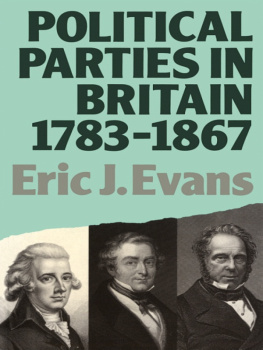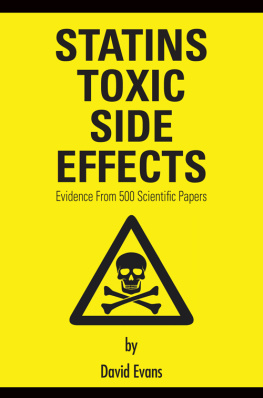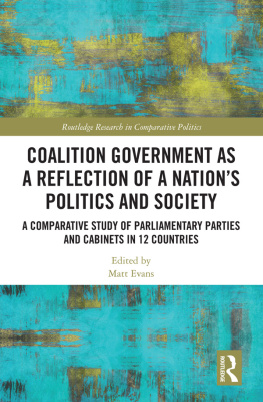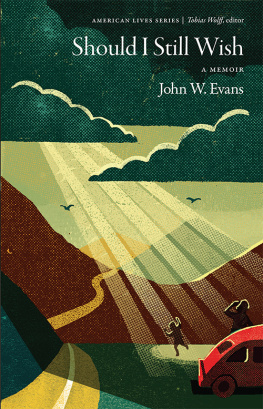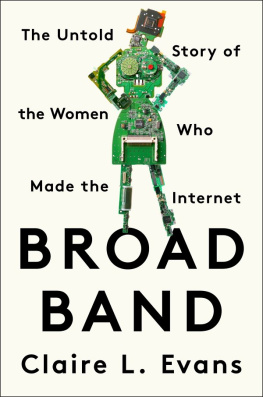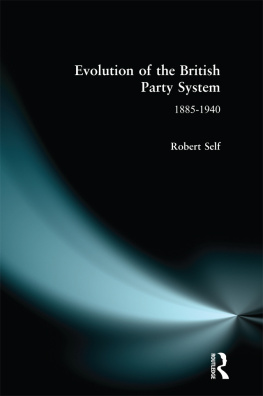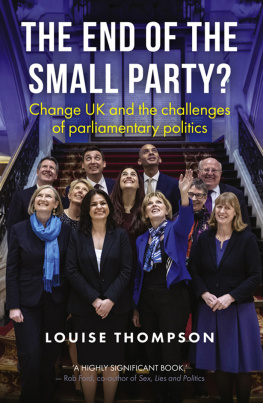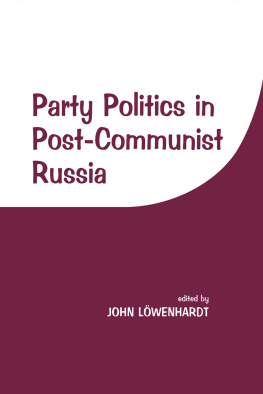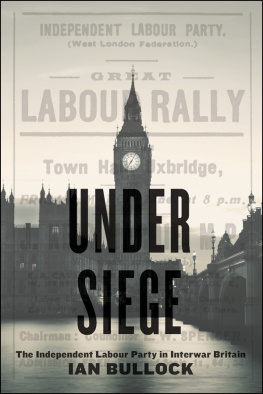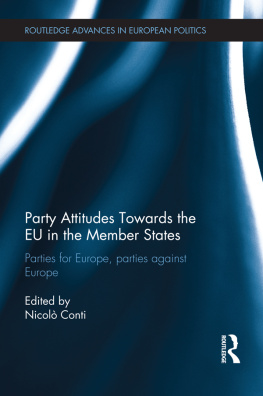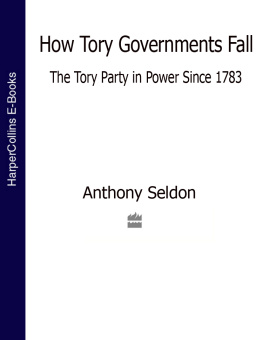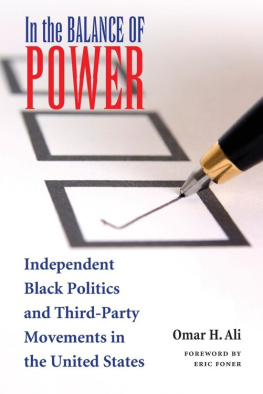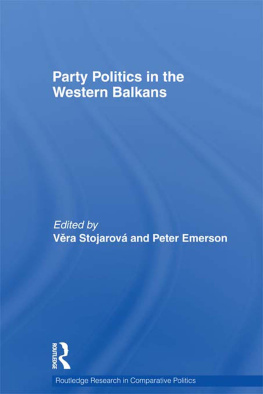IN THE SAME SERIES
General Editors: Eric J. Evans and P. D. King
David ArnoldThe Age of Discovery 14001600
A. L. Beier The Problem of the Poor in Tudor and Early Stuart England
Martin Blinkhorn Mussolini and Fascist Italy
Robert M. Bliss Restoration England 16601688
Stephen Constantine Social Conditions in Britain 19181939
Eric J. Evans The Great Reform Act of 1832
Alexander Grant Henry VII
P. M. HarmanThe Scientific Revolution
Ruth Henig Versailles and After 19191933
Ruth Henig The Origins of the Second World War 19331939
J. M. MacKenzieThe Partition of Africa 18001900
Michael Mullett The Counter-Reformation
J. H. Shennan France Before the Revolution
Michael J. Winstanley Ireland and the Land Question 18001922
Austin Woolrych England Without a King 16491660
FORTHCOMING
John GoochThe Unification of Italy
Michael Heale The American Revolution
P. D. King Charlemagne
J. H. Shennan Louis XIV
Keith Stringer The Reign of Stephen
First published in 1985 by
Methuen & Co. Ltd
11 New Fetter Lane,
London EC4P 4EE
Published in the USA by
Methuen & Co.
in association with Methuen, Inc.
29 West 35th Street,
New York NY 10001
This edition published in the Taylor & Francis e-Library, 2001.
1985 Eric J. Evans
British Library Cataloguing in Publication Data
Evans, Eric J.
Political parties in Britain: 1783 1867 (Lancaster pamphlets)
1. Political parties Great Britain History 18th century 2. Political parties Great Britain History 19th century
I. Title II. Series
324.241'009JN1119
ISBN 0-416-37400-X (Print Edition)
All rights reserved. No part of this book may be reprinted or reproduced or utilized in any form or by any electronic, mechanical or other means, now known or hereafter invented, including photocopying and recording, or in any information storage or retrieval system, without permission in writing from the publishers.
ISBN 0-203-12958-X Master e-book ISBN
ISBN 0-203-18017-8 (Glassbook Format)
Foreword
Lancaster Pamphlets offer concise and up-to-date accounts of major historical topics, primarily for the help of students preparing for Advanced Level examinations, though they should also be of value to those pursuing introductory courses in universities and other institutions of higher education. They do not rely on prior textbook knowledge. Without being all-embracing, their aims are to bring some of the central themes or problems confronting students and teachers into sharper focus than the textbook writer can hope to do; to provide the reader with some of the results of recent research which the textbook may not embody; and to stimulate thought about the whole interpretation of the topic under discussion.
At the end of this pamphlet is a list of the recent or fairly recent works that the writer considers most relevant to the subject.
Acknowledgement
Thanks are due to my co-editor, David King, whose characteristically careful scrutiny of my text produced numerous helpful suggestions. Both his eye for detail and his overall insight into what makes for clarity of exposition have been much appreciated.
EJE
Hornby
May 1985
Note
A number in brackets in the text indicates reference to a work in the Further reading section.
Political Parties in Britain
17831867
Introduction
People living in Britain in the last quarter of the twentieth century are accustomed to a political system in which power is exercised by the leaders of that political party which currently holds the greatest number of seats in the House of Commons. These seats are contested, usually at four- or five-year intervals, in general elections at which almost all persons of eighteen years and over are entitled to vote. The general election selects individuals. However, political party organization and discipline are so extensive that it is almost impossible for a candidate to be elected who does not represent a major party. In effect, individuals are elected in a party, not a personal capacity. When they get to Westminster they are expected to vote according to party loyalty rather than personal preference or conviction when these clash. A highly developed system of party whips ensures that, in most instances, the Commons votes on party lines. Thus effective power is vested in the party rather than in a collection of individuals. Political parties are all-important. We even speak of a two-party system of government, implying that the struggle for power is between two leading parties in the state who alternate in government. Since the 1920s these have been the Conservative and Labour parties. Such a description might seem ill suited to a situation in which the electorate spreads nearly all its votes between three parties not two. Yet the first-past-the-post system, in which the successful candidate needs only one more vote than his nearest rival, however many candidates there may be, greatly advantages the two largest parties at the expense of the third. Thus, in the 1983 general election, the Liberal-Social Democratic Alliance achieved 26 per cent of the popular vote which, evenly spread across the constituencies, won only 23 seats. The Labour party, with 28 per cent of the total vote, heavily concentrated in areas of its greatest support, won 209 seats. Somewhat precariously, therefore, the two-party system of government survived into the mid-1980s expressed in terms of influence in the Commons. Such a system was a recognizable feature of British political life in 1867.
This pamphlet seeks to explain how a recognizably modern system of government emerged between 1783 and 1867. In strict constitutional theory, power is shared between three elements monarchy, Lords and Commons and at the beginning of our period the first two of these elements had a larger role to play. In some instances this old system still impinges on the new. Parliamentary bills require passage by the House of Lords and ratification by the monarch before they carry the force of law. The powers of the upper House have been severely circumscribed in the twentieth century. It can now delay legislation but not permanently reject it. Few ministers of consequence, except the Lord Chancellor who presides over the judiciary, sit in it and the granting of a peerage to a senior politician usually indicates retirement from active politics. The House of Lords is an elegant talking shop. It sometimes improves parliamentary bills by revising them, but it lacks real power.
The same can be said of the monarchy. The monarch still retains a theoretical right to reject legislation passed by parliament. Since no king or queen in the nineteenth or twentieth centuries has been foolish enough to exercise this right, it has not been necessary to remove a sanction considered essential in late Stuart England but not actually used since 1708. The monarch also retains the right to appoint ministers they are still called ministers of the crown to dissolve parliament and to call a general election. In practice, the monarch chooses as prime minister the leader of that party with a Commons majority and invariably accepts the advice of the outgoing prime minister about the timing of a dissolution, thus giving the party in power the substantial advantage of choosing the most favourable date for the next general election. The monarchy is now valued not for its power but for the exercise of its dignified and ceremonial functions.

